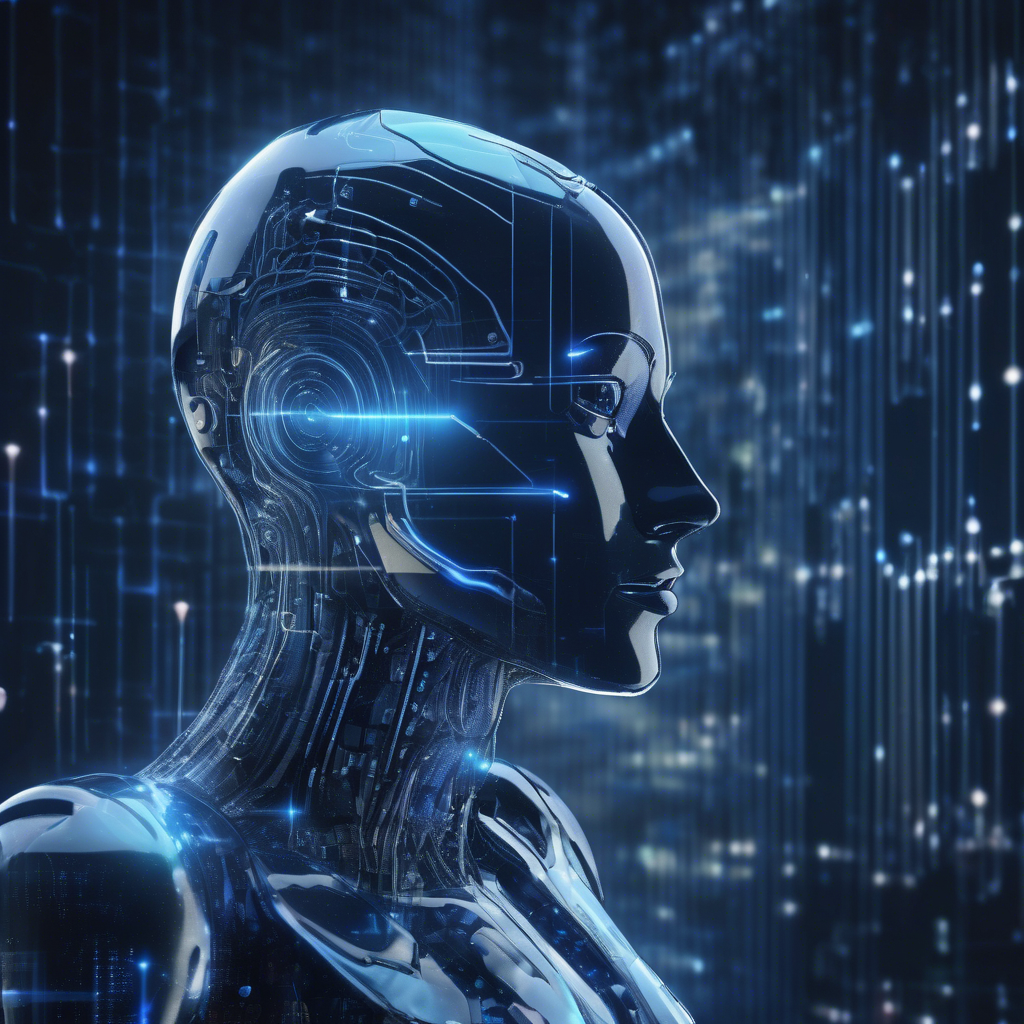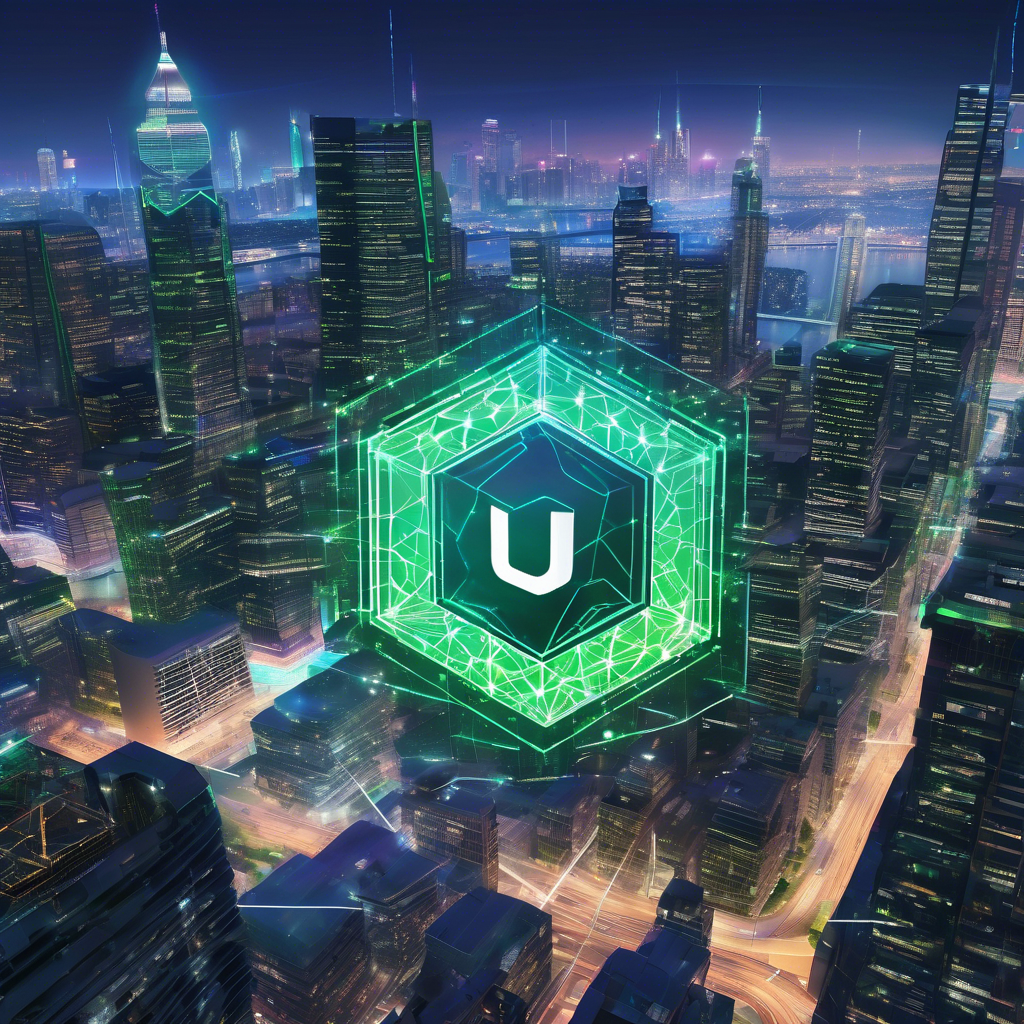Navigating the $40 Trillion Wealth Transfer with AI and Blockchain Innovation

Preparing your Trinity Audio player. . . This guest post by George Siosi Samuels, managing director at Faiā, showcases Faiā’s commitment to leading technological innovations. We are witnessing the largest wealth transfer in modern history—about $40 trillion shifting from Baby Boomers to Millennials and Gen Z. Yet, beneath this financial movement lies a deeper transformation that won’t be evident in balance sheets until it’s too late: the fundamental architecture of value is changing. AI is automating insights; blockchain is decentralizing trust; meanwhile, traditional systems—financial, institutional, and cultural—are showing signs of strain. A core principle stands out: “Wealth is determined by timelines. ” For legacy-building, traditional assets like gold, real estate, and infrastructure remain essential. For those pursuing disciplined, strategic short-term gains, blockchain and digital assets present new, sometimes exponential, capital opportunities. Why timelines trump tools As a consultant and technologist, I’ve helped enterprises align technology stacks with culture, observing that timing—not just strategy or systems—profoundly affects performance. - Gold preserves purchasing power across generations. - Real estate grows wealth through leveraging and utility. - Crypto, when approached wisely, offers asymmetric upside within brief windows. The common error is viewing these options as mutually exclusive. The most resilient builders understand that different vehicles fit different timelines; the key is matching investments to your strategic horizon and maintaining the discipline to follow through. The Current Shift: Technology reshaping value foundations While disruption narratives abound: - AI is transforming labor markets, starting with cognitive roles. - Blockchain goes beyond currency; it creates programmable, secure, permissionless value systems. - Smart contracts and tokenized assets are actively piloted by governments and major corporations. Nonetheless, many portfolios and infrastructures remain tethered to outdated, centralized paradigms. Here, scalable, regulated blockchain variants like BSV bring strategic relevance—not for speculation, but as durable infrastructure to support wealth into the future. Learning from History: Cycles of collapse and renewal Influenced by thinkers like Ray Dalio and Mike Maloney, I study economic cycles. Dalio traces empire and debt patterns over centuries; Maloney reveals recurring fiat collapses and the re-emergence of hard assets. Technology doesn’t erase history; it accelerates its lessons. If AI represents mass production’s evolution and blockchain embodies tomorrow’s trust layer, we stand on the cusp of a new economic order.
Winners won’t be the loudest adopters but those who discern when and where value migrates. Micro Empires & Stack Alignment: A new wealth archetype From consulting to founding ventures, I recognize the rise of “Micro Empires”—small, tech-enabled, culturally cohesive entities thriving on clarity over scale. These modular wealth engines leverage: - AI to minimize operational friction - Blockchain for transparency and automation - Strong cultural alignment in niche or distributed communities In enterprise, this translates to teams and tools aligned via methods like our proprietary CSTACK at Faiā, which diagnoses how tools influence behaviors beyond outputs. Tools shape culture; in an AI-driven world, cultural misalignment is a costly hidden tax. Wayfinding the wealth shift My Polynesian ancestors navigated vast oceans using stars, swells, and intuition—understanding that direction depends on rhythm, not force. Today, to navigate the digital sea, AI and blockchain are not maps—they are currents. To succeed: - Anchor in history - Align your culture - Choose tools matching your timeline - Don’t chase signals; interpret them The great wealth transfer is not merely generational but paradigmatic. Success belongs to those who adapt thoughtfully, not hastily. Closing thought Whether advising global clients or building ventures, ask: Do your assets, technology, and culture serve the timeline you aim to optimize? Strategic advantage now lies less in prediction and more in positioning. The future belongs to those who align early and well. For AI to function legally and sustainably, it requires integration with enterprise blockchain systems that ensure data quality, ownership, security, and immutability. Learn more about why enterprise blockchain will underpin AI through CoinGeek’s coverage of emerging technologies. Watch: Exploring emerging tech in the startup world
Brief news summary
An unprecedented $40 trillion wealth transfer from Baby Boomers to Millennials and Gen Z is transforming value creation and preservation. Emerging technologies like AI and blockchain revolutionize finance by automating insights and decentralizing trust, disrupting traditional models. Wealth management increasingly depends on timelines: stable assets such as gold and real estate offer security and steady growth, while digital assets provide rapid gains. Experts like Ray Dalio stress understanding economic cycles and emphasizing hard assets. The rise of “Micro Empires”—small, tech-driven businesses—shows how AI and blockchain enable modular, transparent wealth building. Faiā’s CSTACK method integrates technology, culture, and strategy to resolve costly misalignments in this AI-driven era. Leaders, likened to Polynesian wayfinders, navigate complex digital landscapes anchored in history and culture. This generational and paradigm shift rewards those who intentionally adapt by merging blockchain and AI to create secure data infrastructures vital for innovation. Success depends on aligning assets, technology, and culture with strategic timelines, favoring proactive positioning over passive prediction.
AI-powered Lead Generation in Social Media
and Search Engines
Let AI take control and automatically generate leads for you!

I'm your Content Manager, ready to handle your first test assignment
Learn how AI can help your business.
Let’s talk!

EU Commits €200 Billion to AI Development, Includ…
The European Union has committed 200 billion euros to advance artificial intelligence innovation, demonstrating its ambition to become a global AI leader and emphasizing priorities such as technological development, economic growth, and digital sovereignty.

Filmmaker David Goyer Announces New Blockchain-Ba…
Quick summary: David Goyer believes that by utilizing Web3 technology, emerging filmmakers can more easily break into Hollywood, as it fosters innovation

House Republicans include a 10-year ban on US sta…
House Republicans have added a highly controversial clause to a major tax bill that would ban state and local governments from regulating artificial intelligence (AI) for ten years.

Polish Credit Bureau to Implement Blockchain for …
The Polish Credit Office (BIK), known as the largest credit bureau in Central and Eastern Europe, has recently announced a strategic partnership with UK-based fintech company Billon to integrate blockchain technology into its customer data storage systems.

Elon Musk's AI company says Grok chatbot focus on…
Elon Musk’s AI company, xAI, has admitted that an “unauthorized modification” caused its chatbot, Grok, to repeatedly post unsolicited and controversial claims about white genocide in South Africa on Musk’s social media platform, X. This admission has sparked extensive debate over potential AI bias, manipulation, and the need for transparency and ethical oversight in AI technologies.

FirstFT: AI groups invest in building memory capa…
Major AI companies such as OpenAI, Google, Meta, and Microsoft are intensifying efforts to develop and improve memory capabilities in their AI systems, marking a significant advancement in AI technology.

JPMorgan Settles OUSG Tokenized U.S. Treasuries o…
JPMorgan Chase has completed its first transaction on a public blockchain by settling tokenized U.S. Treasuries through its Kinexys platform, which connected to Ondo Finance's public blockchain using Chainlink's technology.

 Auto-Filling SEO Website as a Gift
Auto-Filling SEO Website as a Gift








 Auto-Filling SEO Website as a Gift
Auto-Filling SEO Website as a Gift

